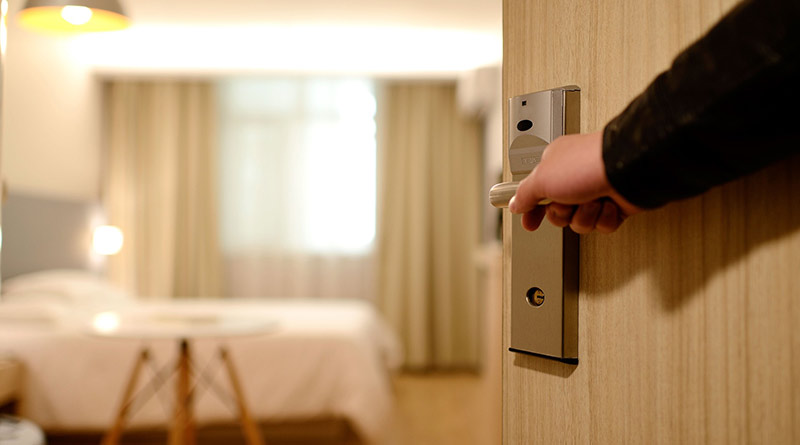Bumper Christmas for London Hotels as Occupancy Exceeds Pre-Pandemic Levels For First Time

London hotel occupancy overtook pre-pandemic levels for the first time in December 2023, marking a strong end to the year for the industry, according to the RSM Hotels Tracker.
The data, which is compiled and produced by Hotstats and analysed by RSM UK, showed occupancy exceeded rates seen in December 2019 from 78.3% to 80% in December 2023; and remained consistent with November last year at 80.6%. Outside of London, UK occupancy fell from 76.8% in November to 70.1% in December and was almost back to pre-pandemic levels (70.8%).
Hoteliers were able to increase their rates during the festive season, with average daily rates (ADR) of occupied rooms up from £223.75 (November) to £234.47 (December) in London; and from £145.25 to £155.62 in the UK. While significantly ahead of pre-pandemic rates, they were largely in line with those charged in December 2022, at £235.82 in London and £149.90 in the UK.
Revenue per available room (REVPAR) increased from £180.32 (November) to £187.64 (December) in London but was marginally down from £111.54 to £109.10 in the UK. Gross operating profits were also up from 42% (November) to 44.2% (December) in London and remained flat in the UK from 35% to 34.9%.
Chris Tate, head of hotels and accommodation at RSM UK, said: ‘It was a positive end to 2023 for the hotel industry, with the London market emerging as the winners. Hoteliers were able to make the most of the festive period, without having to navigate the challenges of train strikes as seen last year. With the Christmas party season in full swing, occupancy, which typically sees a dip at this time of year, remained strong and finally overtook pre-pandemic levels.
‘As consumers continue to tighten their purse strings and prioritise experiences over goods, the hotel industry is feeling the benefit of this shift in consumer behaviour. Hoteliers are doing well to maintain profits, despite the higher costs being faced by the sector, and it is hoped that this continues after April when costs will increase again, including national minimum wage and business rates.’
Thomas Pugh, economist at RSM UK: ‘The resilience of the hotel sector provides some hope that the economy managed to avoid a recession at the end of last year. Indeed, the shocking 3.2% m/m decline in retail sales volumes in December suggests that consumers have continued to prioritise spending on experiences, such as hotels and restaurants over retail goods.
‘Looking ahead, the first six months of this year are likely to remain tough with high interest rates dragging on economic growth and inflation remaining well above target. However, things look brighter in the second half of this year. The inflation rate will probably fall to about 2.5%, which will allow the Bank of England to start cutting interest rates. At the same time, real earnings growth will continue to rise and there is the distinct possibility of further tax cuts coming in March. All this would mean more consumer spending, which will be a positive for the travel and hotel sector
